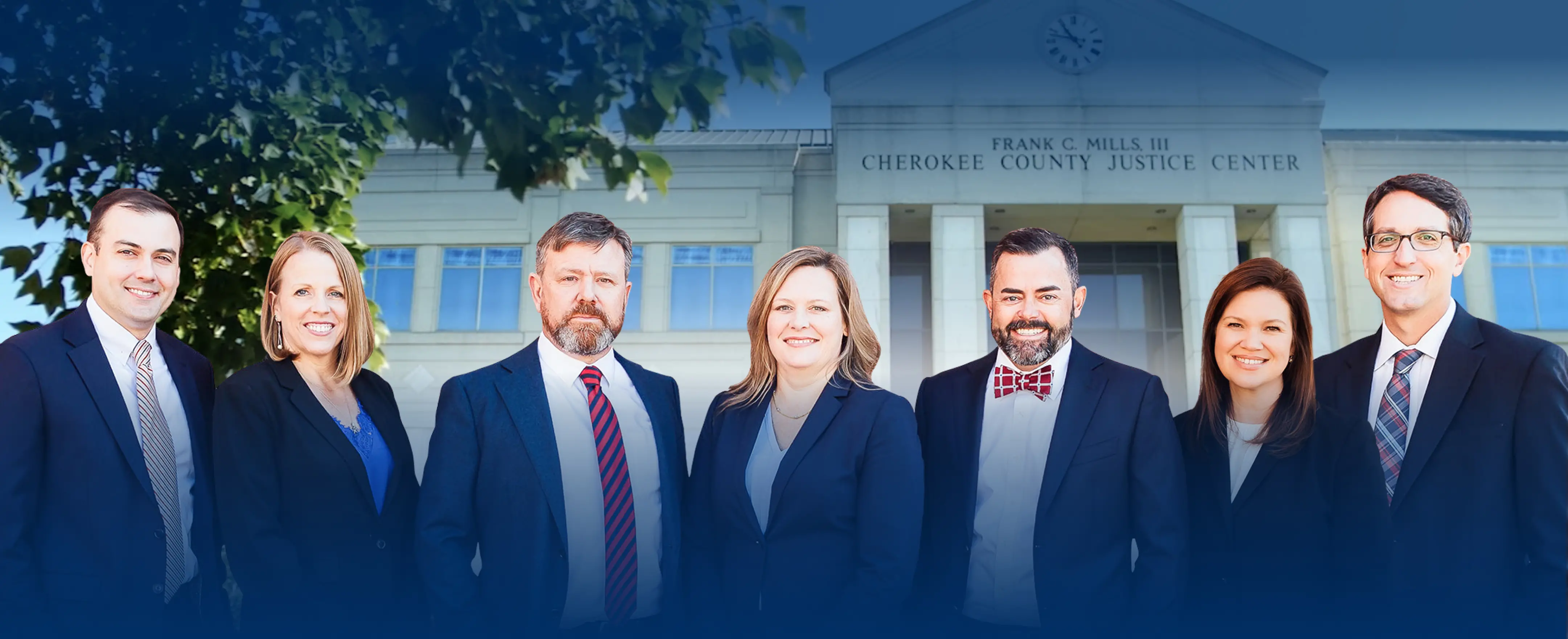
Everyone knows how important it is to have medical directives, long-term care plans and an estate plan in place, but a majority of people put these things off for far too long.
Only 33% of adult Americans have estate planning documents, according to smartasset.com, and only 44% of people over 55 have an estate plan of any kind in place.
A mere 7% of adults over 50 have a long-term care insurance policy, and AARP reports that only 45% have a living will that outlines their end-of-life care wishes.
Elder Law and Estate Planning As You Get Older
Putting these important tasks off risks leaving your family unprepared both emotionally and financially – so why do so many people fail to plan for the eventualities of aging?
The most common answers people gave when asked about it in a Caring.com survey is that they just haven’t got around to it, but further questioning shows that many simply don’t know how to go about doing these things.
So, with that in mind, here are a few things you need to know about estate planning, elder law and other important legal measures as you age.

What You Need To Know About Elder Law, Estate Planning, And How To Plan For The Future
The difference between what an elder law attorney does and what an estate planning attorney specializes in lies in their focus.
An elder law attorney focuses on issues related to maintaining the client’s health and access to medical care as they age. This can include everything from protecting their assets to shielding them from manipulation and abuse.
Estate planning attorneys, on the other hand, help clients plan how they will distribute their assets after their passing.
While many lawyers may be qualified to help with both, you should discuss your objectives with any attorney you are considering and ask specific questions to make sure they can properly serve your needs.
Choosing an attorney with experience in both elder law and estate planning matters will ensure you have the right plans in place and the peace of mind you deserve.

Elder Law Attorneys And How They Can Help You
An elder law expert can help you prepare specific legal documents that will ensure your wishes are carried out in the event of serious illness or incapacitation. These include:
- Advance Healthcare Directives, aka Living Wills. These outline your wishes for end-of-life care and medical intervention.
- Healthcare Power of Attorney. This lets you name someone to make medical decisions on your behalf if you are unable to do so yourself.
- Living trusts. These are used to safeguard assets and help you qualify for medical and long-term care benefits like Medicaid, VA benefits and more.
- Guardianships and Conservatorships. Designate who will be in charge of your care with a guardianship, and appoint a conservator to take care of financial matters on your behalf.
Another very important measure an elder law attorney can assist you with is a long-term care plan.
Your attorney may help you choose a long-term care insurance plan, set up asset protection measures like a qualified income trust so you can qualify for benefits that pay for care, and advise you on disbursing parts of your estate to heirs to protect them from being depleted by medical costs.
A Cherokee County elder law attorney can also advocate for your rights as a nursing home/assisted living resident and help protect you from financial, physical and psychological elder abuse.
The complex interplay between matters of estate planning and elder law highlighted above shows the importance of having an expert in both estate planning and elder law to advise you.

What Estate Planning Attorneys Do
Estate planning attorneys help you designate how you want to distribute your assets after your passing. The best-known legal tool for this is a will, however, wills vary in complexity, and a will alone may not be enough to secure the future you want for your heirs.
An inheritance windfall can lead to a loss of benefits, including disability benefits, or be subject to seizure or garnishment in certain circumstances.
Children, special needs dependents, and adult heirs prone to poor financial decisions must be protected and provided for through a careful, long-range plan.
For this reason, a skilled estate planning lawyer will advise you on a comprehensive estate plan that fully considers tax consequences, benefits preservation, asset management, care for dependents and more.
An experienced estate planning lawyer can advise you on special legal instruments like special needs trusts, spendthrift trusts and custodial accounts. Your attorney can also aid in the appointment of trustees and help you update your estate plan as your circumstances change.
Taking the proper measures will help ensure your legacy lasts and continues to protect those you love.

When Should I Talk To An Estate Planning Attorney?
Many people think estate planning is something you should do when you are older, but there are many reasons much younger people need to consider making an estate plan.
You should talk to an estate planning attorney at any age if you:
- Have children
- Own a home
- Own a business
- Have special needs dependents
- Want to bequeath assets to charity
- Want to disinherit someone
- Are part of a blended family with step-children, step-parents or half-siblings
- Have a high net worth
Many experts recommend starting some kind of estate plan as soon as you become a legal adult, and then reviewing it every 5 years to make sure it still fits your needs. At the very least, big life changes like marriage, births/adoptions and asset changes should trigger a talk with an experienced estate planning legal expert.
Even those without very many assets should consider making a healthcare directive and designating power of attorney in case of incapacitation.
For middle-class people with straightforward assets like a home, a retirement account and savings, even a simple will can help your family avoid confusion, unnecessary taxes and the hassle of probate proceedings.

Who Needs An Elder Law Attorney?
Anyone nearing retirement age should talk to an elder law attorney.
No matter who you are, an elder law professional can help you figure out a nursing home and long-term care plan, designate individuals to make legal and financial decisions for you, and help you plan and qualify for certain benefits.
Just a little bit of planning can mean the difference between getting Medicaid – or the VA, if you are a veteran – to pay for long-term care and seeing your hard-earned assets drained away. Even those with long-term care insurance or Medicaid coverage may find that they or their estate has to pay a large portion of these hefty costs.
An elder law attorney can help those with disabilities, either before or after retirement, petition for and get the full amount of benefits they deserve.
Other, more specific, reasons you may need to contact an elder law attorney include Medicare coverage disputes, cases of elder abuse or fraud, instances of employment discrimination or housing discrimination on the basis of age, and family matters like visitation rights for grandchildren.
Talking to a law firm experienced in elder law early on, while you still have the time and capacity to plan, can help protect you from costly mistakes and shield your assets down the road.
A good elder law firm will also be there to advocate for your rights if your health and autonomy decline.
Perhaps most importantly, establishing a relationship with an elder law firm now ensures your family will have access to their trusted guidance in the future, right when they need it most.

Choose The Right Lawyer For Your Needs
Those planning for the future need to think about their own needs as they get older and their family’s current and ongoing needs.
An attorney who specializes in both elder law and estate planning will have the expertise to ensure you have a comprehensive plan. That means they can make sure everything is in place to protect your wishes, your legacy and the ones you love.
Be sure to ask any lawyer you are considering about their specific expertise in both areas of the law.
Talk about financial planning and asset protection strategies and find out how experienced they are with different types of trusts, guardianships and conservatorships.
Inquire about long-term care and Medicaid planning and ask as many questions as you may have.
Finally, one of the big reasons people put off estate planning measures is because they worry about the cost.
Don’t be shy about talking to your attorney about how their fees are structured and what you can expect to pay ahead of time.

Still Have Questions About Estate Planning and Elder Law?
We have answers.
Speights Law understands that elder law and estate planning can bring up difficult feelings for families, so we bring compassion as well as expertise to every consultation.
Attorney Archie Speights is well-versed in the intricacies of Georgia elder law and estate statutes and procedures, and has completed specialized training at the esteemed Elder Law College.
We have helped many Cherokee County families navigate the complexities of elder care and estate planning and we can help you, too. Call us at (770) 479-1500 to set up a consultation.



